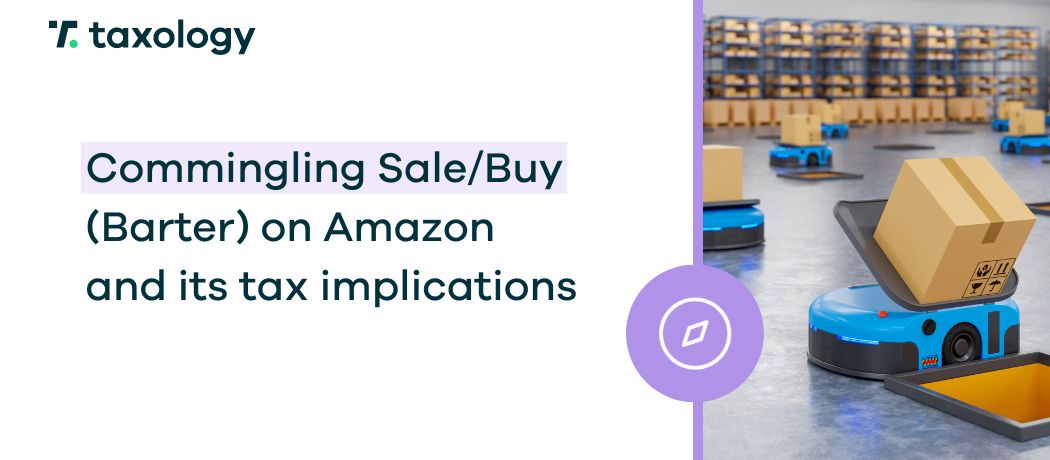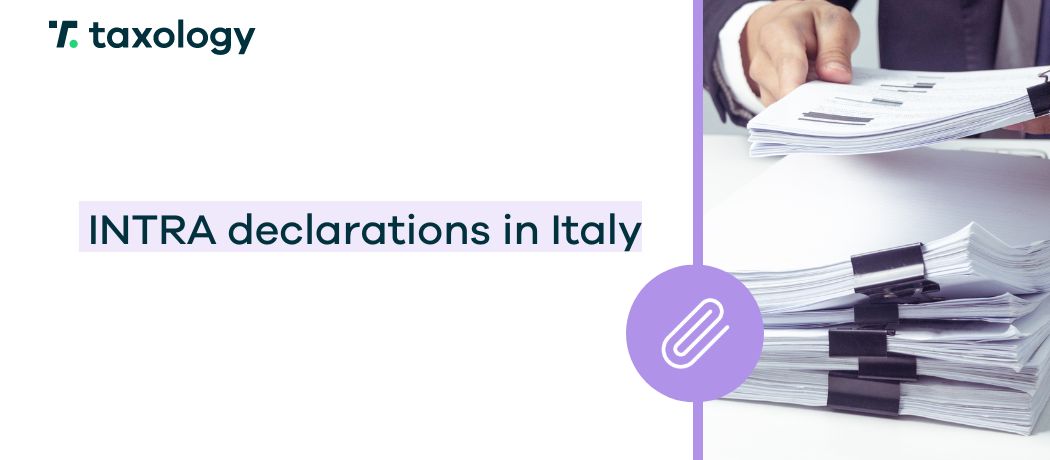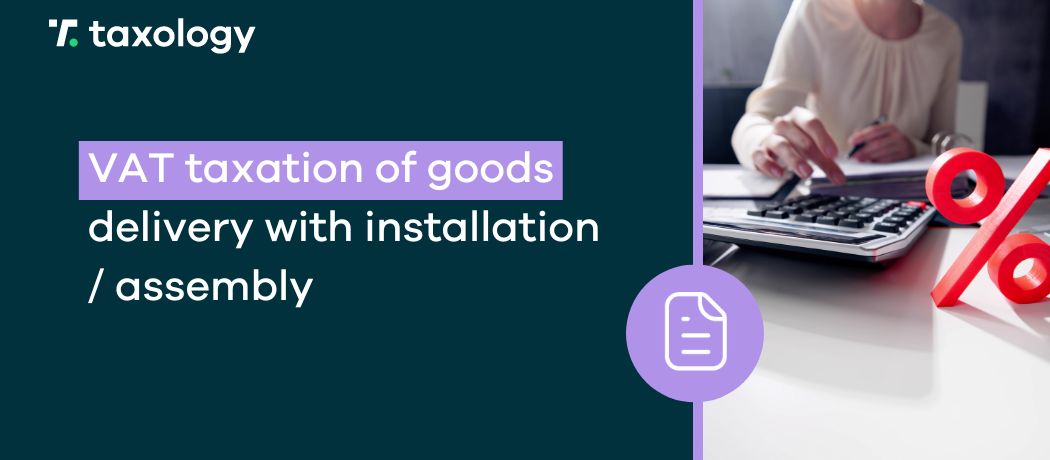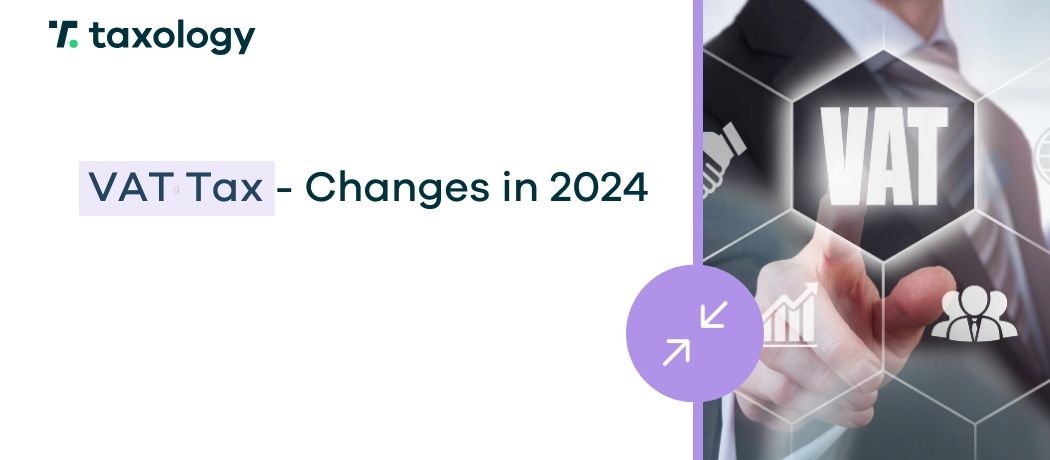Italy ranks as the fourth largest e-commerce market in Europe in terms of value. It is no surprise, then, that it attracts entrepreneurs looking to expand in this direction. However, […]
Read in: 4 minCommingling Sale/Buy (Barter) on Amazon and its tax implications in Poland
- Last update: 08.04.2024
- Published: 05.04.2024
- Read in: 3 min
If you sell on Amazon using the FBA model, you might have come across the concept of FBA Commingling. Specifically, some transactions in the VAT Transaction report may be marked in this way. From this article, you will learn:
- What does Commingling Sale mean in the context of selling on Amazon?
- How should Commingling transactions be reported in the context of VAT tax?
- Do Commingling transactions affect profit/loss?

Commingling Sale – definition
Before we discuss the tax implications, let’s start by explaining the definition of Commingling sale.
Commingling sale refers to a service performed by Amazon involving the “exchange,” or more accurately, the barter of goods between Amazon sellers. This arises from the fact that goods sold on Amazon can be marked with the manufacturer’s code.
As a result, Amazon is able to verify sellers who offer the same product by using the manufacturer’s product code. This knowledge can then be used to reduce logistical costs and shorten shipping times.
How does Commingling work? An example
To better illustrate the situations in which Commingling Sale may apply, let’s use an example.
Two sellers offer the same product on Amazon, but they have their warehouses in different countries (in France and Germany, respectively).
If a customer from Germany purchases the item, it may be more logistically efficient to send the item from the warehouse in Germany. As a result, Amazon will perform an automatic sale/purchase transaction in such a way that the first seller becomes the owner of the goods located in the German warehouse, saving not only delivery time but also shipping costs. Conversely, the second seller becomes the owner of the goods located in France.

Need help with VAT?
Contact us, indicate what the problem is, and our accounting and VAT Compliance specialists will take care of the rest!
Schedule a consultationHow to report Commingling transactions (Sale/Buy)?
Transactions marked as commingling (sale/buy) should be reported in VAT declarations. They may be associated with the obligation to charge VAT payable or to reduce the VAT liability (for buy transactions).
The way commingling transactions are reported will depend on the local regulations of the country where the goods are located.
Example 1
In the VAT Transaction Report, a transaction marked Commingling Sale was shown, in which goods located in a warehouse in Poland were sold with a 23% VAT rate. This invoice should be reported in the Polish JPK VAT declaration as a local sale taxed at a 23% VAT rate.
Note! The counterparty for this transaction will be a company from the Amazon group. This counterparty’s details should be shown in the JPK file.
Example 2
In the VAT Transaction Report, a transaction marked Commingling Buy was shown, in which goods were purchased with a 19% VAT rate and were located in a warehouse in Germany.
This invoice should be reported in the VAT declaration in Germany as a local purchase. The seller will have the right to reduce the amount of tax payable in Germany by the value of the tax shown on the above invoice.
Do Commingling transactions (Sale/Buy) affect profit/loss?
Commingling transactions (sale/buy) are neutral from the perspective of sales results and do not affect the amount of income tax. In each VAT Transaction Report, transactions marked as commingling should occur in pairs, i.e., for each sale transaction, there is a corresponding buy transaction.
These transactions are valued at the same net value of the goods. For this reason, these transactions are colloquially referred to as “barter.”
Commingling Sale/Buy (Barter) on Amazon and its tax implications in Poland
Commingling transactions (sale/buy) define technical operations conducted by Amazon to optimize logistical processes.
Although they are not related to the sale of goods to the customer, they should be properly reflected in VAT declarations. Incorrect reporting can lead to underestimation or overestimation of the tax base in individual countries.
If you need support with VAT, VAT OSS, or e-commerce accounting, including filling out and submitting declarations, settlements, or registrations in EU and UK countries, schedule a consultation, and our VAT Compliance specialists will be happy to assist you and your company.




